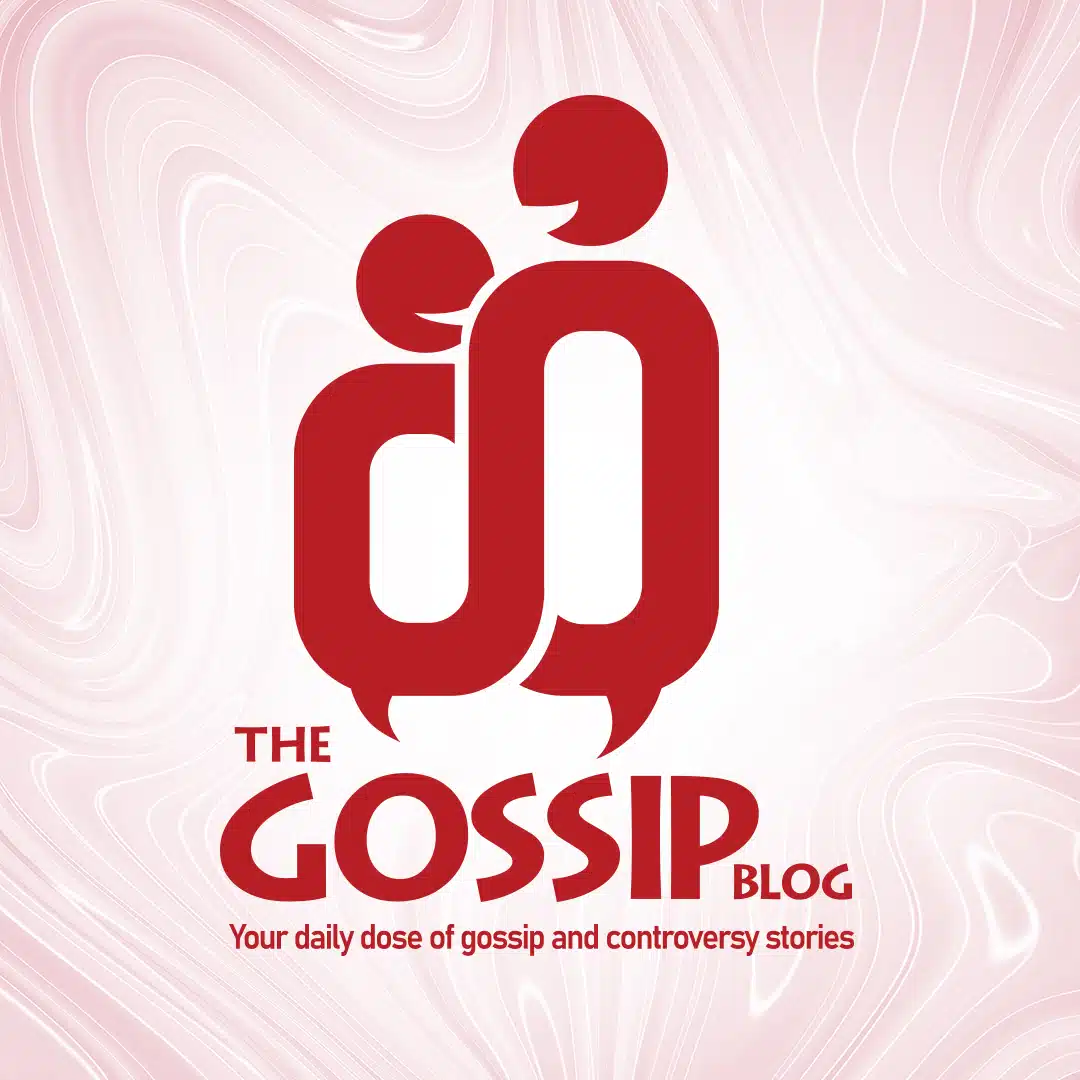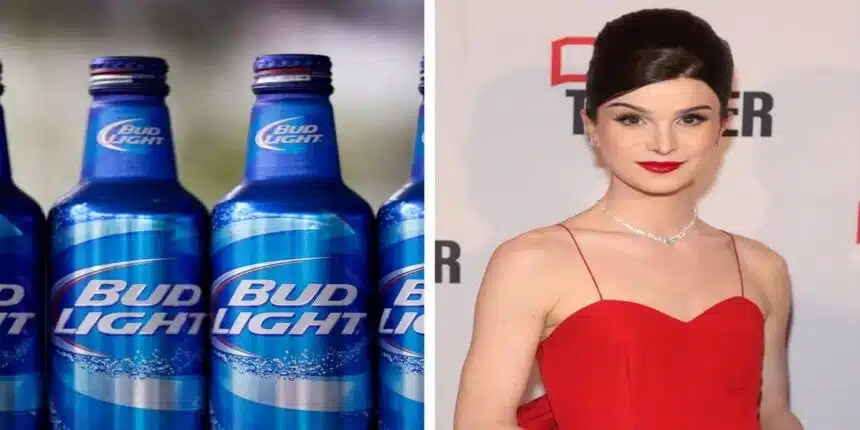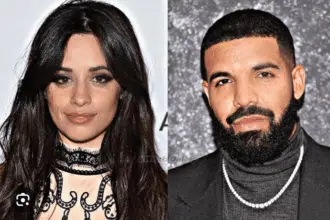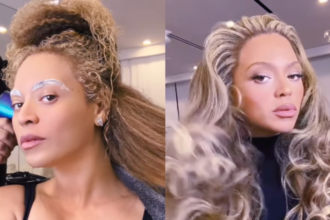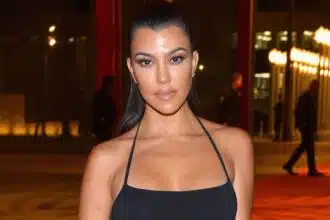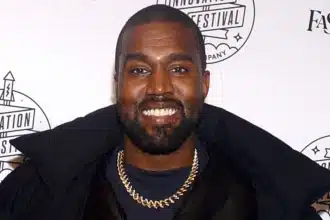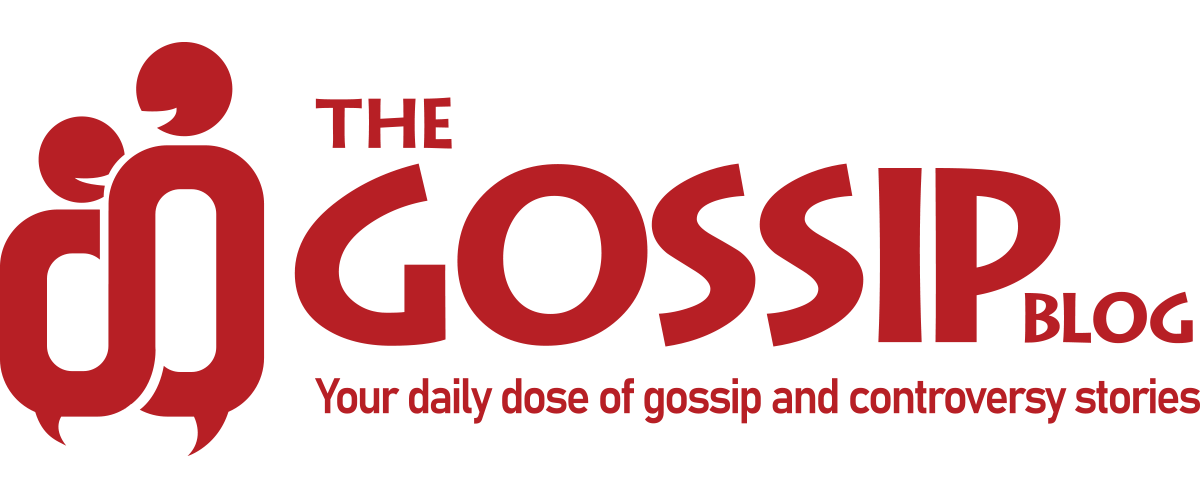Brands today like to show they care about the same things we do, especially to connect with young folks who are passionate about social issues. The Bud Light controversy started in April 2023, Bud when Light teamed up with Dylan Mulvaney, a well-known transgender advocate, for a social media ad. This move didn’t sit well with some big-name conservatives, who then urged people to stop buying Bud Light (BL).
Even though companies such as Pepsi, Nike, and Goya have faced backlash for their stance on social issues, those incidents didn’t make headlines for too long. Research into how boycotts or “buycotts” (when people buy more to support a brand) impact sales shows that these events don’t usually hit the company’s bottom line hard or for long. But this time, Bud Light’s sales took a bigger hit than expected and didn’t bounce back quickly.
The Aftermath of The Bud Light Controversy
Jura Liaukonyte, Anna Tuchman, and Xinrong Zhu dug into the numbers to see how the Bud Light controversy affected the brand. They used data from Numerator, a market trend analysis firm that gets info straight from shoppers. Also, they looked at Bud Light’s sales and popularity after the controversy compared to 2021 and 2022.
They found that for three months following the ad, Bud Light’s sales and customer numbers dropped by about 28% from the previous years. The decline was sharper in Republican-leaning areas—sales and purchases there dipped by 32%, while in Democratic regions, it was a 22% drop.
But here’s the kicker: Bud Light didn’t make a quick comeback, unlike other boycotted brands. Eight months later, sales were still down by 32%. What’s more, sales actually got worse in Democratic areas over time. It seems like stores and distributors started giving Bud Light less shelf space because of the boycott, which led to even fewer sales. So, what began as people simply not buying their beer ended up causing stores to stock it less, making it harder to find and hurting Bud Light’s sales even further.

Who stopped buying Bud Light?
Jura Liaukonyte and her team were curious about who stopped buying Bud Light and what they chose to drink instead. They focused on the die-hard Bud Light fans—people who really loved their Bud Light and picked it over any other beer at the start of 2023. After the ad controversy, they noticed that 15% of these loyal Bud Light drinkers had switched to other brands within three months.
Among those who switched, 38% moved to Coors, 23% started drinking Miller, 14% went for Yuengling, and 7% tried Modelo. The rest spread out their purchases across various other beer brands.
A liquor store owner in Arkansas, who preferred to stay anonymous, told Vox that his BL sales dropped by about 20 to 25 percent right after the Bud Light controversy. His customers mainly turned to Miller Lite and Coors Light. He thought the whole thing would blow over quickly, and folks would come back to Bud Light once it wasn’t making headlines anymore. But that’s not how it played out.
Is Bud Light Over?
Typically, boycotts don’t make a huge dent in sales because not everyone joins in or keeps it up. Just think about past boycotts against Keurig, Frito-Lay, or the recent fuss over M&M characters. Bud Light probably figured taking a stand would win them some points with certain customers, but how they handled things ended up ticking off people across the political spectrum, which may have thrown a wrench in their plans.
Zooming out, Bud Light’s parent company, Anheuser-Busch InBev, is a giant with lots of brands under its belt and a value of over $100 billion. Since the controversy, its stock price has dipped slightly, but it’s still roughly where it was at the start of the year and much higher than last fall. However, there are a few warning signs on the horizon.
To wrap it up, Bud Light’s move to resonate with younger folks by addressing social issues didn’t go as planned. It led to a noticeable and lasting slump in sales. The boycott didn’t just change what people drank; it also changed how stores stocked their shelves, causing even more trouble for Bud Light. Despite Anheuser-Busch InBev’s overall stability, the Bud Light controversy reminds brands of the risks they can face when they dive into social issues in today’s politically charged climate.
Connect with us at TheGossipBlog! Follow us on Facebook and Twitter to stay informed about the latest stories. Join our community and be part of the conversation.
